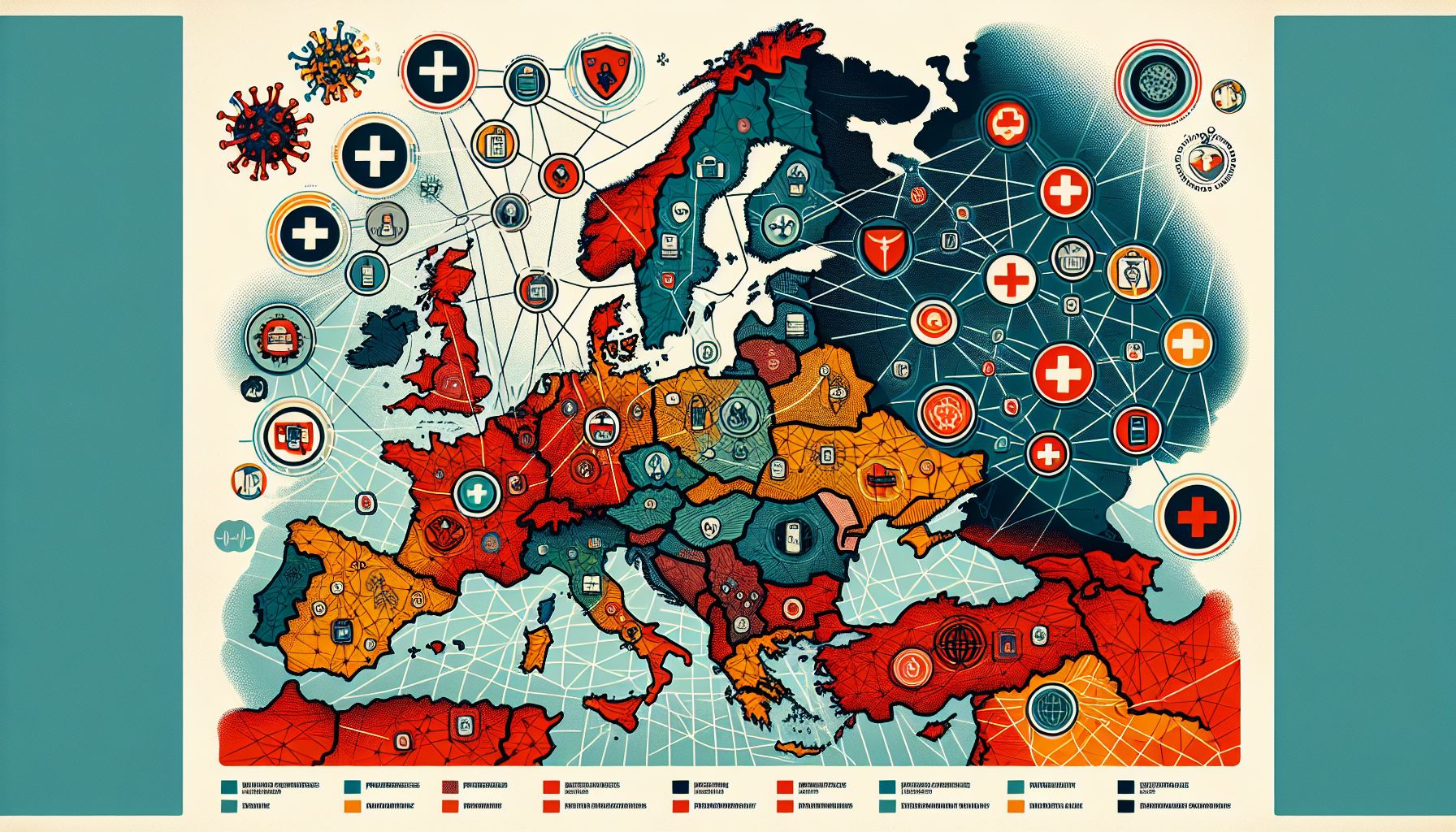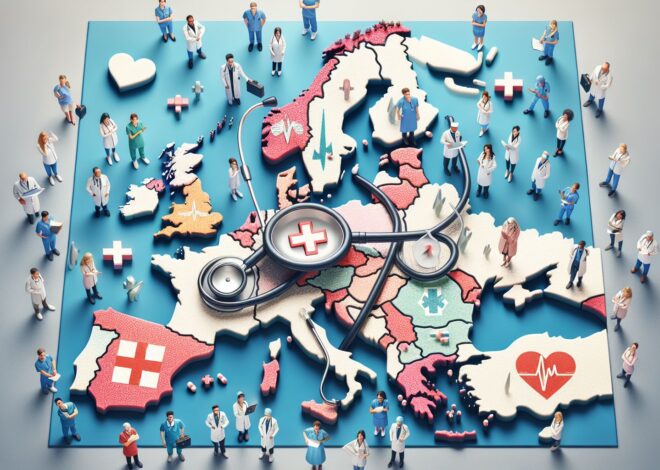
The Preparedness and Response of European Health Systems: A Look at the Current Situation
The ongoing pandemic has put an immense strain on healthcare systems across the globe. As the number of Covid-19 cases continues to rise, it is crucial to assess the preparedness and response of European health systems. In this article, we will delve into the challenges faced by these systems, the actions taken by health professionals and policymakers, and what concerned citizens can do to support their efforts.
Understanding the Challenges
European health systems are known for their high standards of care and accessibility. However, the Covid-19 crisis has tested the limits of these systems, exposing weaknesses that need to be addressed. One of the key challenges is the strain on healthcare infrastructure, including insufficient hospital beds, lack of ventilators, and shortage of personal protective equipment (PPE). These deficiencies have made it difficult for health systems to respond effectively to the surge in cases.
Another significant hurdle has been the limited coordination and communication between different European countries. The pandemic has highlighted the need for improved collaboration in sharing resources, data, and best practices. By working together, European health systems can enhance their preparedness and response to future health crises.
Actions Taken by Health Professionals
Health professionals have been at the forefront of the crisis, battling on the front lines to save lives and provide care to those in need. The dedication and resilience demonstrated by doctors, nurses, and other healthcare workers have been commendable. Despite the challenging circumstances, health professionals have exemplified their commitment to the well-being of their patients.
To address the immediate needs of patients, health professionals have adapted their practices by setting up testing centers, establishing Covid-19 wards, and developing innovative telemedicine solutions. They have undergone extensive training to deal with the specific challenges posed by the virus while ensuring the safety of themselves and their patients.
Efforts by Policymakers
Policymakers play a crucial role in shaping the preparedness and response of European health systems. Throughout the pandemic, governments have implemented a range of measures to mitigate the impact of the virus. These measures include allocating additional funding for healthcare, implementing emergency response plans, and enforcing strict lockdown measures to reduce the spread of the virus.
Furthermore, policymakers have prioritized international collaboration, facilitating the sharing of knowledge, expertise, and resources. Organizations such as the World Health Organization (WHO) and the European Centre for Disease Prevention and Control (ECDC) have played a pivotal role in providing guidance and coordinating efforts among European countries.
However, it is essential to acknowledge that the response by policymakers has not been without challenges. The fast-paced nature of the pandemic has sometimes made decision-making difficult, resulting in a certain level of uncertainty and variation in approaches. It is crucial for policymakers to learn from these experiences and enhance their preparedness for future health crises.
The Role of Concerned Citizens
In times of crisis, every individual has a part to play in supporting their healthcare systems. Concerned citizens can contribute by adhering to public health guidelines, such as practicing good hygiene, wearing masks, and observing social distancing measures. By doing so, citizens can help reduce the burden on healthcare systems and slow the spread of the virus.
Additionally, citizens can support health professionals by showing appreciation for their efforts. Simple gestures such as clapping from balconies or sending thank-you notes can boost morale and provide the motivation needed to continue the fight against the pandemic.
Looking Ahead: Lessons Learned and the Path Forward
The Covid-19 crisis has been a wake-up call for European health systems. It has revealed flaws and limitations that need to be addressed to enhance their preparedness for future health emergencies. Strengthening healthcare infrastructure, improving coordination between countries, and investing in research and development are crucial steps to take.
Furthermore, the pandemic has highlighted the need to prioritize public health and proactively invest in disease prevention and preparedness. By allocating resources towards the early detection and containment of outbreaks, European health systems can better protect their populations and mitigate the impact of future health crises.
In conclusion, European health systems have faced significant challenges in their preparedness and response to the Covid-19 pandemic. However, the dedication and resilience demonstrated by health professionals, coupled with the actions taken by policymakers, have played a crucial role in mitigating the impact of the crisis. Moving forward, it is vital for concerned citizens, health professionals, and policymakers to work together to strengthen European health systems and better prepare for future health emergencies. By learning from the lessons of this pandemic, we can create a more resilient and effective healthcare system for all.



